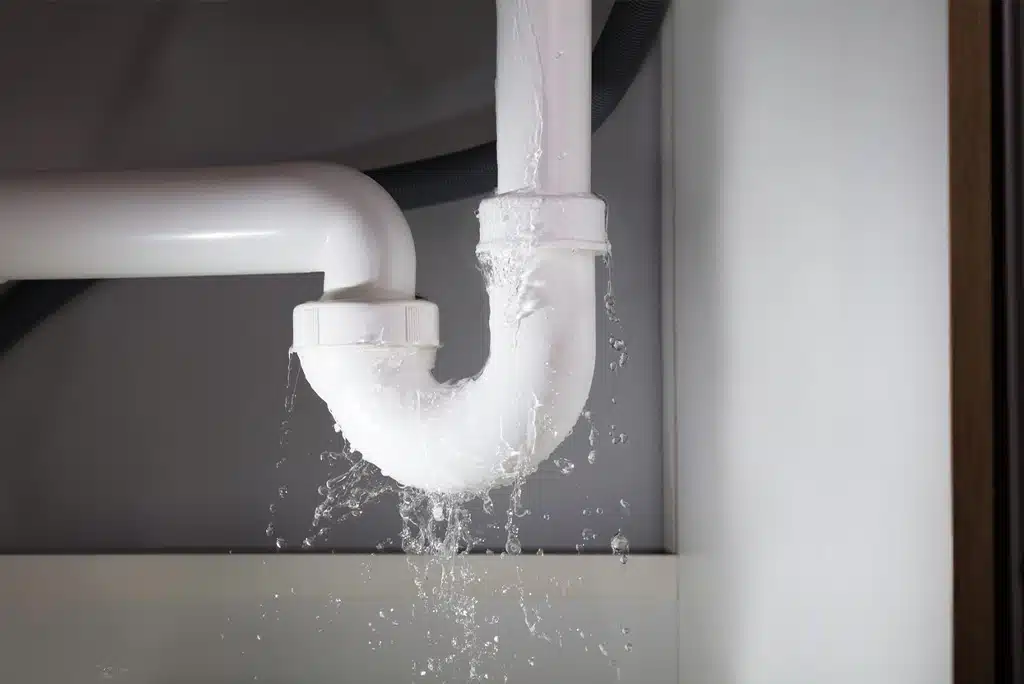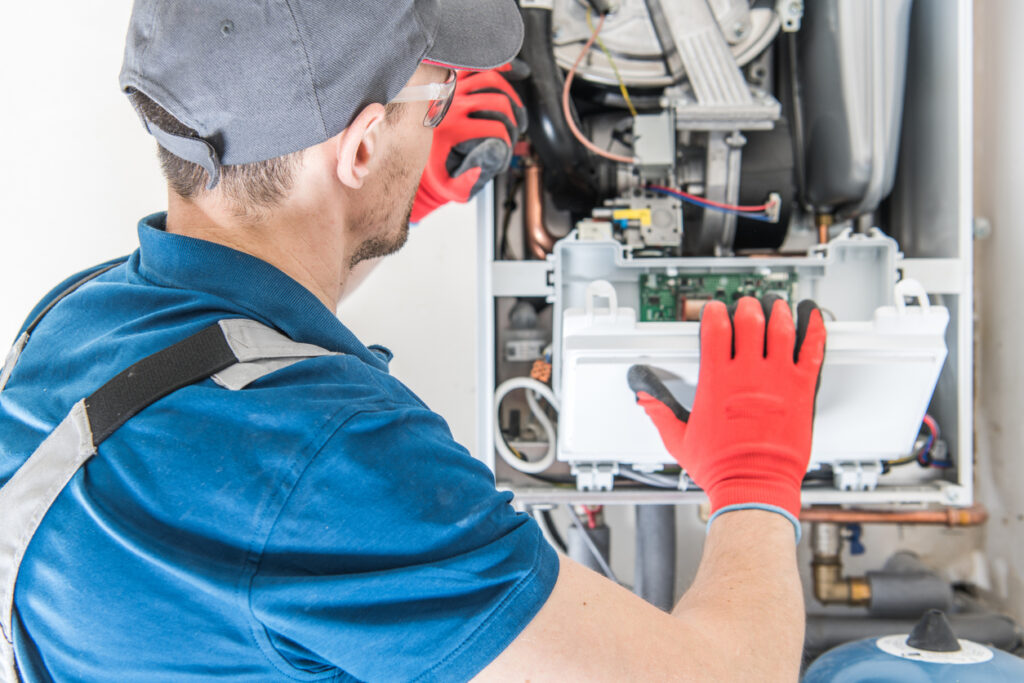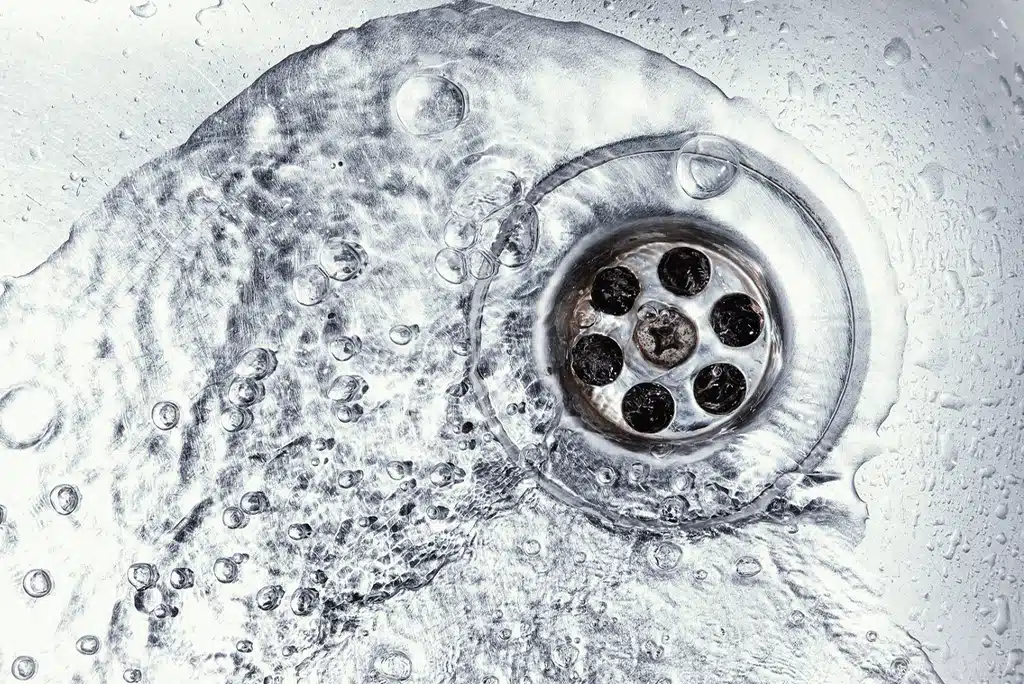Why is it important to Maintain Your HVAC in the Fall?
Maintaining your HVAC (Heating, Ventilation, and Air Conditioning) system in the fall is essential to ensure it operates efficiently during the colder months. Here are some key considerations for fall HVAC maintenance:
Change the Air Filters
Dirty or clogged air filters can reduce the system’s efficiency and indoor air quality. Replace or clean your HVAC filters every 1-3 months, depending on the type of filter and your system’s usage.
Clean Vents and Registers
Vacuum and clean the supply and return vents to remove dust and debris. Ensure they are not obstructed by furniture or other items, as this can restrict airflow.
Check for Air Leaks
Inspect doors and windows for drafts. Seal any gaps with weatherstripping or caulk to prevent warm air from escaping and cold air from entering your home.
Inspect the Thermostat
Test your thermostat to ensure it’s working correctly. Consider upgrading to a programmable or smart thermostat for better control and energy savings.
Schedule Professional Maintenance
Hire a licensed HVAC technician for a thorough inspection and maintenance. They can check for any potential issues, clean components, and perform any necessary repairs.
Clean the Outdoor Unit
If you have a central air conditioning system, clean the outdoor condenser unit. Remove debris, leaves, and dirt that may have accumulated during the summer.
Check the Ductwork
Inspect your ducts for leaks, cracks, or damage. Leaky ducts can waste energy and decrease indoor air quality. Seal any leaks or consider getting a professional duct cleaning.
Test the Heat
Before the weather gets too cold, test your heating system to ensure it’s working properly. Make sure it’s producing warm air and that there are no unusual noises or odors.
Inspect the Ignition and Burner Assembly
If you have a gas furnace, have a professional technician check the ignition system and burner assembly to ensure they are clean and functioning safely.
Clean or Replace Humidifier Filters
If your HVAC system includes a humidifier, clean or replace its filters to maintain healthy indoor humidity levels.
Clear Debris from the Area
Keep the area around your outdoor HVAC unit clear of leaves, branches, and other debris that could obstruct airflow.
Consider an Energy Audit
If you’re looking to improve your HVAC system’s efficiency, consider scheduling a home energy audit to identify areas where you can make improvements.
Review Your Home’s Insulation
Ensure that your home is adequately insulated to retain heat and minimize energy loss. This can help your HVAC system work more efficiently.
Plan for Winter
Stock up on furnace filters, insulation, and any other supplies you might need for the winter season. Consider scheduling any necessary repairs or upgrades in advance.
By maintaining your HVAC in the fall, you can ensure that it runs efficiently, reduces energy consumption, and provides comfortable indoor temperatures throughout the colder months. Regular maintenance also helps extend the lifespan of your HVAC equipment.







